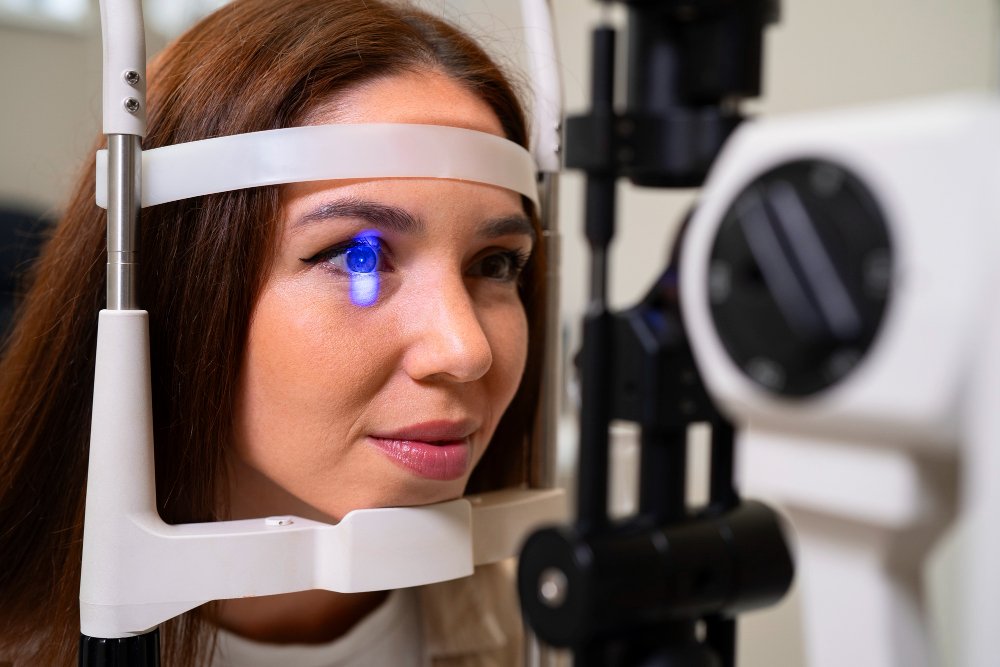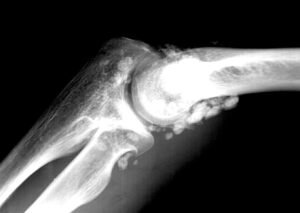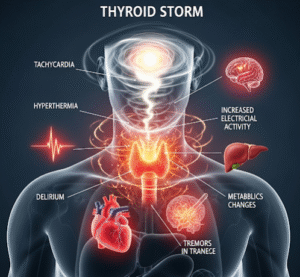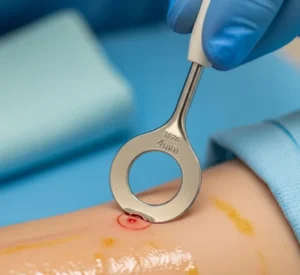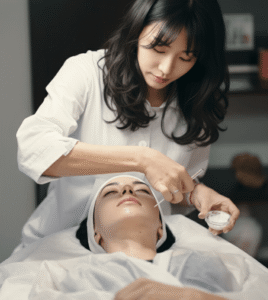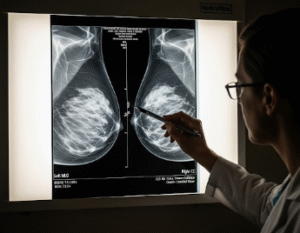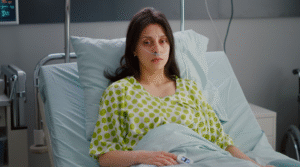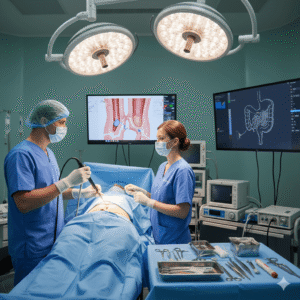Overview
Age-Related Macular Degeneration (AMD) is a common eye disorder and a leading cause of vision loss in people aged 50 and older. It primarily affects the macula, the part of the retina responsible for sharp, central vision. As AMD progresses, it can make tasks such as reading, driving, or recognizing faces increasingly difficult. While it rarely leads to complete blindness, the impact on daily life can be significant.
What is Age-Related Macular Degeneration?
AMD is a degenerative disease of the central retina (macula), which is crucial for detailed visual tasks. It typically develops gradually and is classified into two main types:
- Dry AMD (non-neovascular): The more common form, caused by thinning of the macula and accumulation of drusen (tiny protein deposits).
- Wet AMD (neovascular): Less common but more severe, involving abnormal blood vessel growth under the retina, leading to leakage and rapid vision loss.
AMD does not affect peripheral vision but can severely impair central vision.
Symptoms
In early stages, AMD may not cause noticeable symptoms. As it progresses, signs may include:
- Blurred or fuzzy vision
- Difficulty recognizing faces
- Dark, blurry, or blind spot in the center of vision
- Distorted vision (straight lines appear wavy)
- Decreased brightness or intensity of colors
- Need for brighter light when reading or doing close work
Wet AMD typically causes more sudden and severe symptoms.
Causes
While the exact cause of AMD is unknown, it is believed to result from a combination of genetic, environmental, and age-related factors. Possible causes include:
- Deterioration of the retinal cells and blood vessels
- Accumulation of waste materials (drusen) under the retina
- Abnormal growth of blood vessels in wet AMD
Risk Factors
Several factors increase the risk of developing AMD:
- Age: Risk increases significantly after age 50
- Family history: Genetic predisposition plays a role
- Smoking: Major modifiable risk factor
- Obesity: Associated with faster progression
- High blood pressure and cardiovascular disease
- Prolonged sun exposure (UV light)
- Poor diet: Low in antioxidants and omega-3 fatty acids
- Race: More common in Caucasians
Complications
Without treatment, AMD may lead to:
- Severe central vision loss
- Legal blindness (in advanced cases)
- Depression and anxiety due to vision impairment
- Loss of independence in daily activities
Wet AMD can progress rapidly and cause irreversible damage if not treated promptly.
Prevention
While AMD cannot always be prevented, certain steps can help reduce risk or slow progression:
- Quit smoking
- Eat a healthy diet rich in leafy greens, fruits, and fish
- Maintain a healthy weight and exercise regularly
- Control blood pressure and cholesterol
- Wear sunglasses to protect from UV light
- Use antioxidant supplements (as recommended by AREDS studies for intermediate or advanced AMD)
Treatment Options Korea
There is no cure for AMD, but treatments can slow its progression and preserve vision:
Dry AMD
- Lifestyle modifications (healthy diet, quitting smoking)
- AREDS supplements: Vitamins C, E, zinc, copper, and lutein/zeaxanthin
- Low-vision aids: Magnifiers, special glasses
Wet AMD
- Anti-VEGF injections: Medications like ranibizumab, aflibercept, or bevacizumab are injected into the eye to stop abnormal blood vessel growth
- Laser therapy: Used less frequently but can destroy abnormal vessels
- Photodynamic therapy: Combines light-sensitive drug and laser to target abnormal vessels
Early diagnosis and regular monitoring by an ophthalmologist are crucial to managing AMD effectively.

